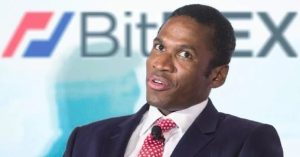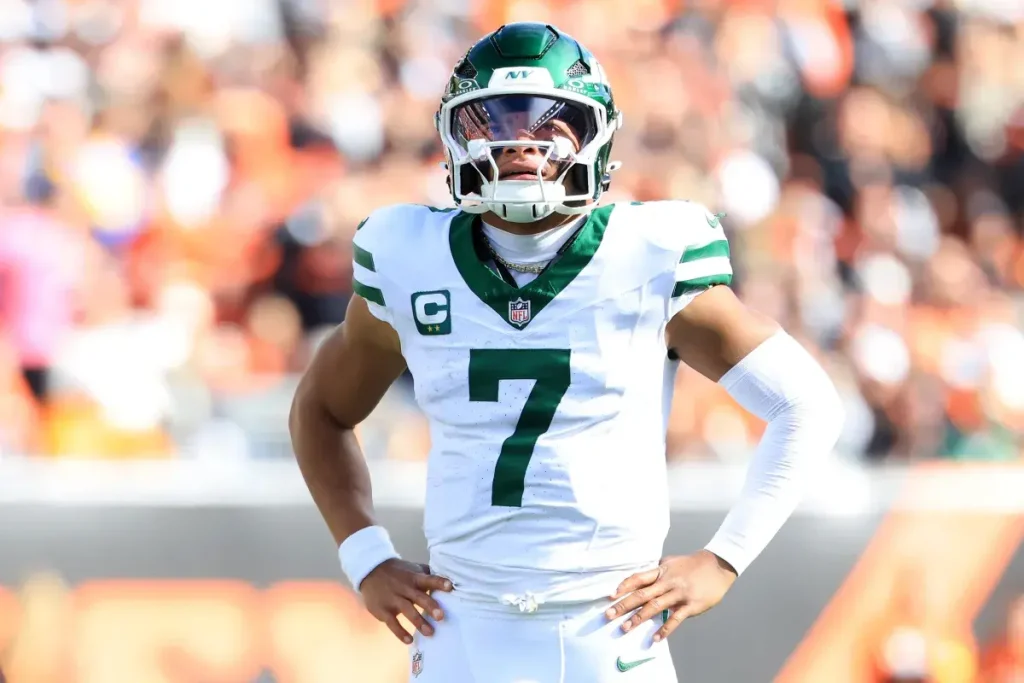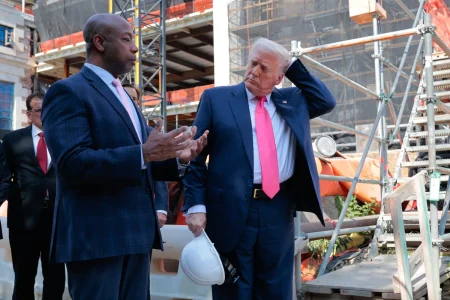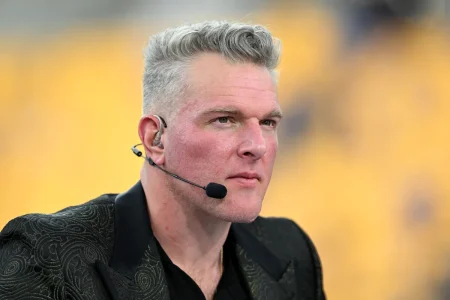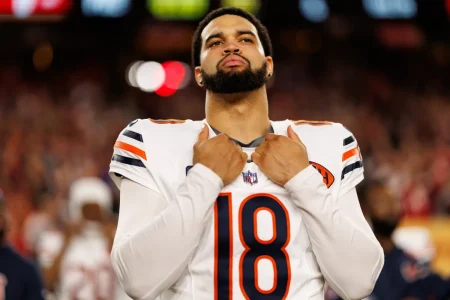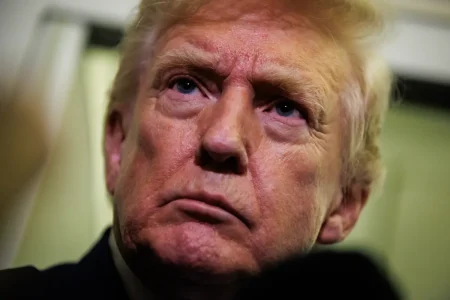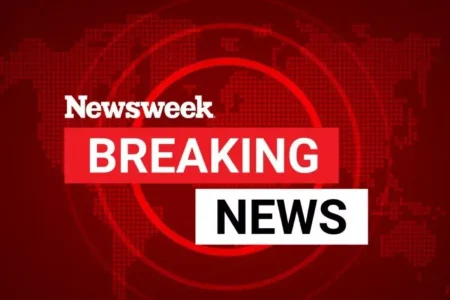Jets Quarterback Dilemma: Could Kyler Murray Be the Answer?
As the 2025 NFL season unfolds, the New York Jets find themselves at a crossroads with their quarterback situation. Justin Fields, while not a complete disappointment, hasn’t provided the spark needed to lift the struggling franchise. His statistics tell a complicated story—a respectable 64.1% completion rate, 1,377 total yards, seven touchdowns, and no interceptions. However, these numbers mask deeper offensive issues plaguing the team. The Jets’ offensive line has surrendered the fourth-most sacks in the league (31) through nine weeks, while their receiving corps ranks near the bottom in yards per catch (9.7), highlighting systemic problems beyond the quarterback position. With the team languishing at 1-7, a change under center seems inevitable as the organization looks toward 2026.
The Jets’ current predicament comes with a silver lining—they possess multiple first-round picks in each of the next two drafts, giving them considerable flexibility in addressing their quarterback needs. This arsenal of draft capital could be used to select a top college prospect or, as Kristopher Knox of Bleacher Report suggests, to orchestrate a trade for Arizona Cardinals quarterback Kyler Murray. Knox proposes an intriguing package: the Jets would send Fields, a 2026 second-round pick, and a conditional 2027 first-round pick to Arizona in exchange for the two-time Pro Bowler. The conditional nature of the deal would protect New York, as the Jets currently hold three first-round picks in 2027 and could structure the trade to retain their two highest selections if Murray doesn’t return to his previous Pro Bowl form.
Murray, who signed a massive five-year, $230.5 million contract with the Cardinals in 2022, represents both opportunity and risk for the Jets. Currently sidelined with a foot injury for the next four weeks, his absence has allowed backup Jacoby Brissett to step in competently, potentially making Murray expendable in Arizona’s long-term plans. The Cardinals, matching the Jets’ disappointing 2025 campaign, might be willing to part with their former No. 1 overall pick and pivot toward finding a new quarterback for their future. For Murray, a change of scenery could revitalize his career, especially considering the superior offensive weapons he would inherit in New York compared to his current situation in Arizona.
The Jets’ offensive roster actually boasts considerable talent that a quarterback of Murray’s caliber could potentially elevate. Running backs Breece Hall and Braelon Allen provide a dynamic ground attack, while receivers Garrett Wilson, Adonai Mitchell, and Tyler Johnson, plus tight end Mason Taylor, offer diverse passing options that far exceed what Murray has worked with in Arizona. This supporting cast might be precisely what Murray needs to recapture the electrifying form that twice earned him Pro Bowl honors. The scenario represents a calculated gamble for the Jets—betting that their offensive infrastructure, combined with Murray’s talents, could produce the winning formula that has eluded the franchise for years.
Acquiring Murray would provide the Jets with additional strategic benefits beyond the immediate quarterback upgrade. By trading for an established veteran rather than drafting a rookie, New York could use both of their 2026 first-round picks to strengthen other areas of the team, potentially addressing their problematic offensive line or adding more defensive talent. This approach would allow them to build a more complete roster around Murray, giving him better protection and support than Fields has received. Furthermore, the conditional nature of the proposed trade protects the Jets’ future—if Murray fails to meet expectations, they would still retain significant draft capital in 2027 to pursue one of the top quarterback prospects in that class.
The Jets’ quarterback situation exemplifies the high-stakes decisions NFL franchises must make when their expected trajectory falls short. Fields hasn’t been a disaster, but in a results-oriented league, his inability to lift a talented roster from mediocrity demands organizational action. Murray represents a fascinating option—a former No. 1 pick and Heisman Trophy winner whose career has stalled in Arizona but who possesses the dynamic playmaking ability the Jets desperately need. While any quarterback change carries inherent risk, standing pat with Fields appears increasingly untenable as losses mount. Whether through the draft or via trade for Murray, the Jets appear poised for a quarterback change that will define their next era, with the franchise hoping to finally solve the position that has troubled them since the days of Joe Namath.


